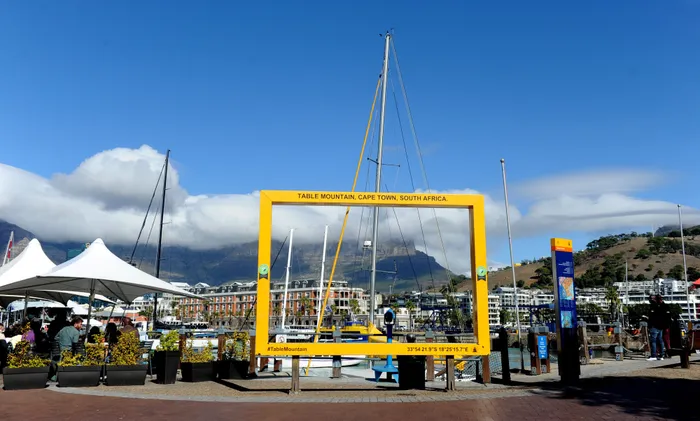Business Confidence Index rises to 7-month high in spite of recent turmoil in economy

The Business Confidence Index was buoyed by inward tourism and increased merchandise import volumes during the month. Photo: Ayanda Ndamane / African News Agency (ANA)
Business sentiment in South Africa remains resilient and at a better level than the average achieved at the height of the Covid-19 pandemic in 2020, in spite of recent turmoil in the economy.
This comes as the Business Confidence Index (BCI) rose to a seven-month high in September, buoyed by inward tourism and increased merchandise import volumes during the month.
The South African Chamber of Commerce and Industry (Sacci) said yesterday that the BCI rose to 110.9 index points in September, from 105.6 points in August.
This was the highest reading in the BCI since February, and higher than the March 2020 level of 103.9 points recorded before the Covid-19 pandemic lockdown was imposed.
This BCI reading for September ended business confidence for the third quarter on an elevated note as it was 2.2 index points higher than the second quarter ending in June.
Sacci’s business sentiment survey contradicts the RMB/BER BCI, which fell deeper into contractionary territory in the third quarter, dropping from 42 points to 39 points as the majority of businesses were dissatisfied with prevailing business conditions.
However, Sacci acknowledged that the local economy was confronted by structural deficiencies such as uncertain energy supply, an unsustainable fiscal situation, deteriorating infrastructure and high unemployment.
Eskom ramped up its rotational power cuts to Stage 6 load shedding before easing them to Stage 4 for more than two weeks after a number of power stations in its ageing fleet broke down in September.
Sacci economist Richard Downing said this downturn was in addition to the aftermath of Covid-19 and the effects of the Ukraine/Russian conflict, which has translated in the world market to higher fuel and energy costs.
“South Africa had to deal with fiscal constraints, the interruption of electricity supply and the high fuel prices which rippled through the economy,” Downing said.
“Although these developments impacted on business confidence, it appears that businesses are capable of at least maintaining some normality.”
Sacci said that half of the 14 sub-indices monitored reflected a negative impact on the business climate between August and September 2022.
These included higher real interest rates, lower share prices, and the real value of building plans passed had the most notable short-term negative effect on the BCI.
The SA Reserve Bank hiked its benchmark lending rate by 75 basis points again in September, from 5.5% to 6.25% as inflation remained stubbornly above its target range of 3 to 6%.
On the positive side, inward overseas tourism, increased retail sales and output activity of the manufacturing sector, and merchandise import and export volumes came in support of business confidence month-to-month.
Recent data from Statistics South Africa has shown that income derived from the tourist accommodation sector was rising sharply from last year’s July riots impact, with visitors from Europe making up the largest share of overseas travellers.
Sacci said the recovery in inward tourism from overseas not only positively impacted the current account but also benefited various subsectors in the entertaining and catering business sector that have a high employment impact – notably for semi-skilled labour.
BUSINESS REPORT
Related Topics: